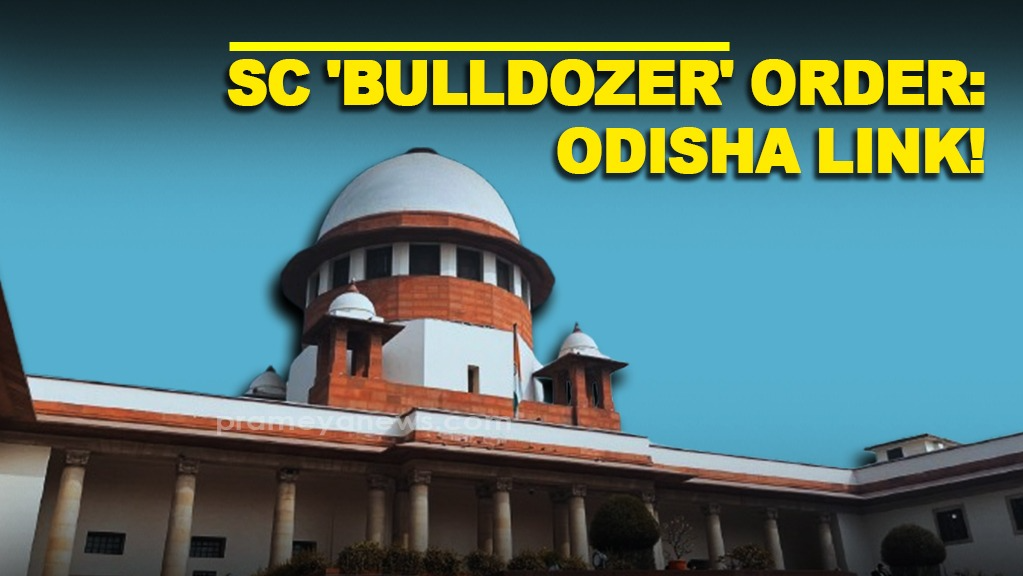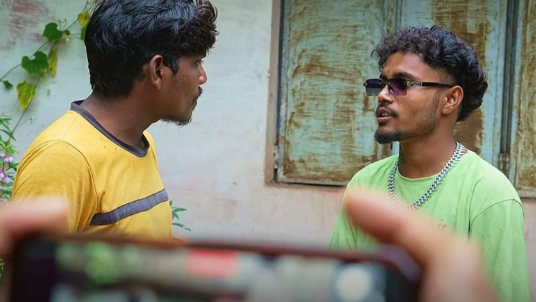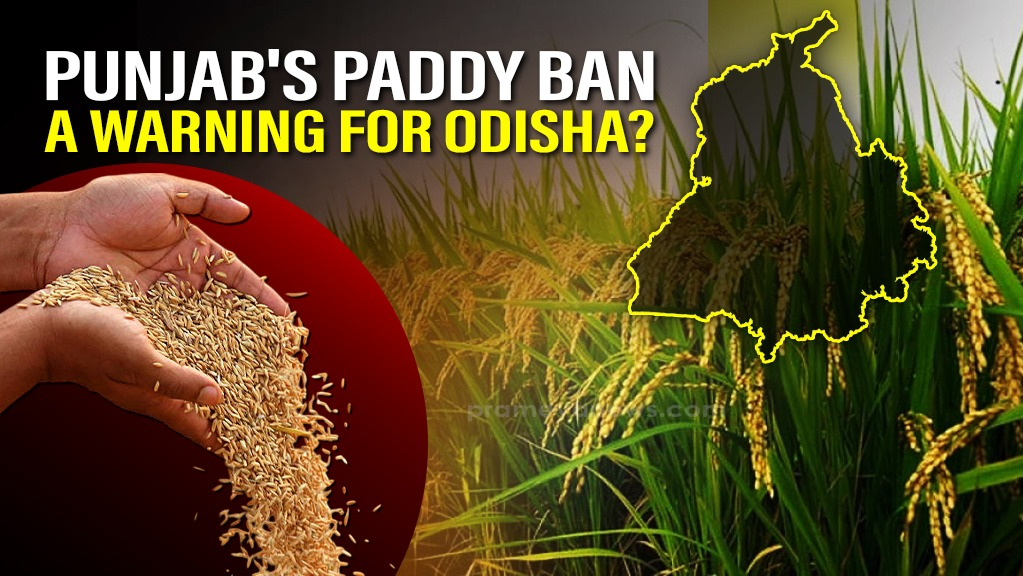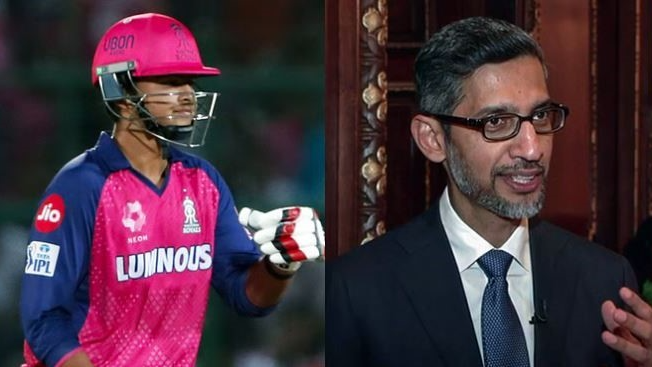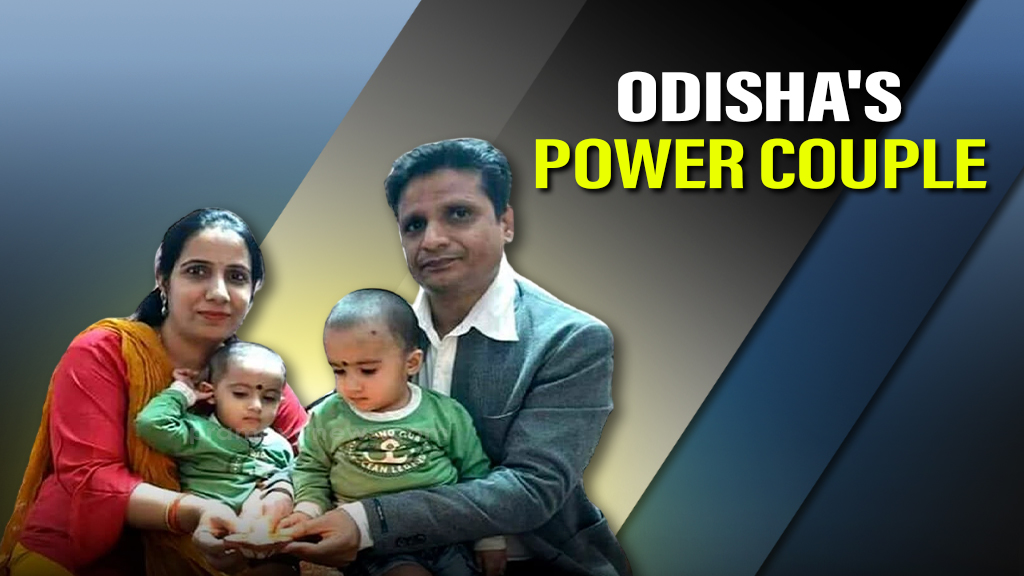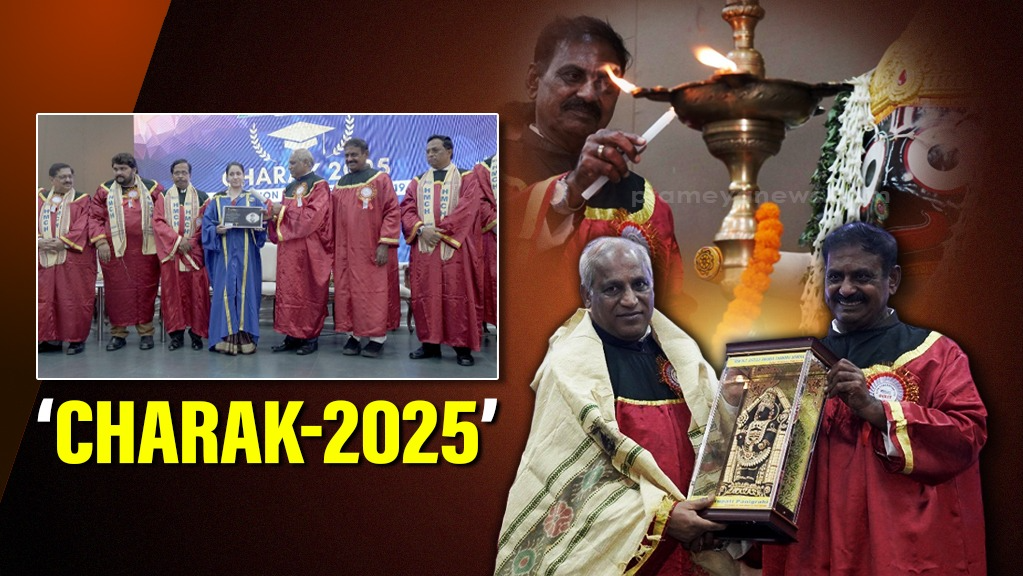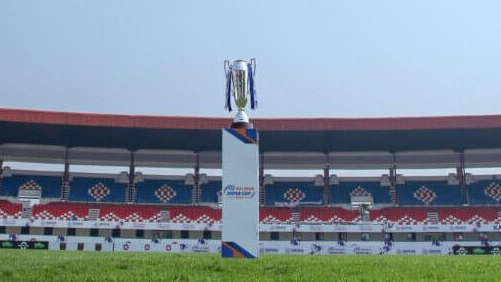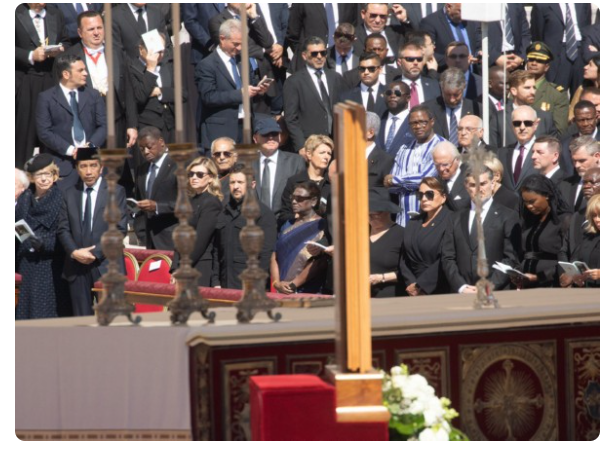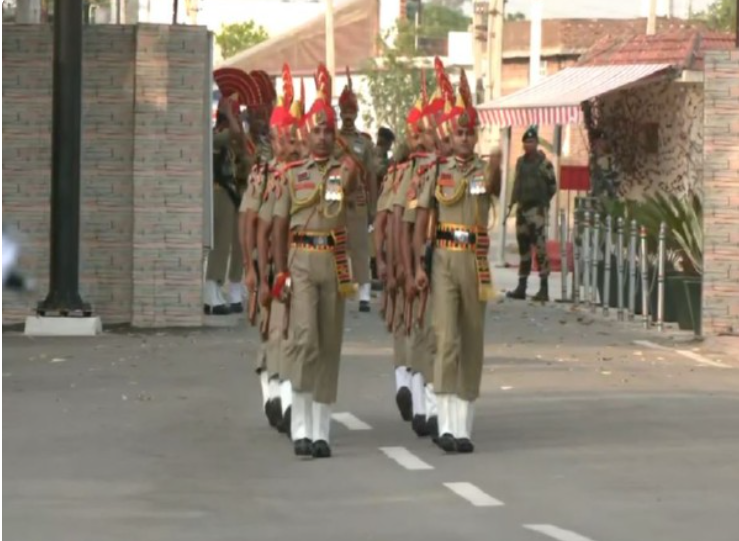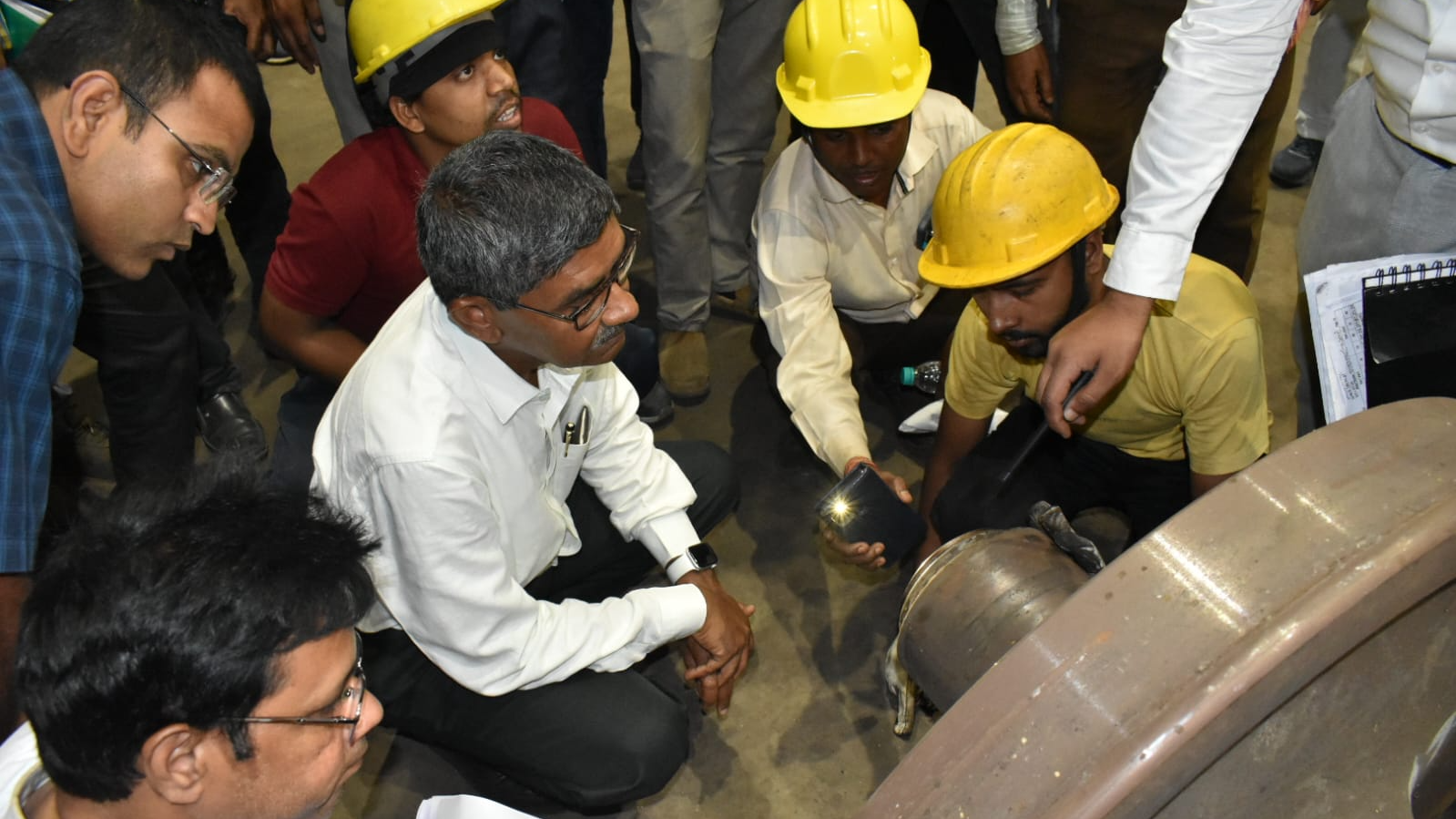Bhubaneswar: In order to rein in the fashion of ‘bulldozer justice’ trending in the country, the 2-judge bench of Supreme court of India has relied on as many as 25 judgments of SC over the 6 pillars and on the all important criminal jurisprudence of the country.
Under the pillar of doctrine of public trust and accountability, the 2-judge bench of Justices BR Gavai and KV Vishwnathan relied on as many as 5 judgments. Among the 5 judgments relied upon, the judgment of Nilabati Behera v. State of Orissa and others delivered on March 24,1993 hold prominence.
The bench in its order wrote, “In the case of Nilabati Behera v. State of Orissa and others, this Court while considering as to whether the courts exercising writ jurisdiction could grant relief under the public law to a citizen complaining of infringement of the indefeasible right guaranteed under the Constitution, observed thus:
- “ Adverting to the grant of relief to the heirs of a victim of custodial death for the infraction or invasion of his rights guaranteed under Article 21 of the Constitution of India, it is not always enough to relegate him to the ordinary remedy of a civil suit to claim damages for the tortuous act of the State as that remedy in private law indeed is available to the aggrieved party.
- The citizen complaining of the infringement of the indefeasible right under Article 21 (protection of personal life and liberty) of the Constitution cannot be told that for the established violation of the fundamental right to life, he cannot get any relief under the public law by the courts exercising writ jurisdiction.
WHY BENCH RELIED ON THIS JUDGMENT?
It is because, as the 2-judge bench has passed this order on illegal demolition invoking the Art 142 of the Constitution. The 1993 SC judgment where a 3-judge bench of Justices Jagdish Verma, AS Anand and N Venkatachala had also invoked the Article 142, and invoking it they wrote – “The power available to this Court under Article 142 Is also an enabling provision in this behalf which would not merely render the court powerless and the constitutional guarantee a mirage.
WHAT IS NILABTI BEHERA JUDGMENT?
- Petitioner Nilabati Behera sent a letter dated 14.9.1988 to the Apex court, which was treated by the court as a writ petition under Article 32 (Right to move the Supreme Court for enforcement of fundamental rights) of the constitution. This case had hogged the national headlines then.
SUMMARY OF CASE DIARY
- She alleged her son’s death was a case of custodial death since her son died as a result of the multiple injuries inflicted to him in police custody and thereafter his dead body was thrown on the railway track.
- She prayed in the petition to award compensation to her, for contravention of the fundamental right to life guaranteed under Art 21 of the Constitution.
- Police countered that petitioner's son managed to escape from police custody at about 3 a.m. on 2.12.1987 from the Police outpost, where he was detained; that thereafter he could not be apprehended in spite of a search and that his dead body was found on the railway track on 2.12.1987 with multiple injuries, which indicated that he was run over by a train.
- On 4.3.1991, SC directed the District Judge to hold an inquiry into the matter and submit a report.
- After hearing the parties and based on evidence available the District Judge submitted the Inquiry Report dated 4.9.1991 to SC.
- The report found that petitioner's son died on account of multiple injuries inflicted to him while he was in police custody at the Police Outpost.
- Allowing the petition, SC HELD that there is no cogent independent evidence of any search made by the police to apprehend petitioner's son, if the defence of his escape from police custody be true.
- On contrary, after discovery of the dead body on the railway track in the morning by some railwaymen, it was much later in the day that the police reached the spot to take charge of the dead body.This conduct of the concerned police officers is also a significant circumstance to assess credibility of the defence version.
- The medical evidence comprising the testimony of the doctor, who conducted the postmortem, excludes the possibility of all the injuries to the deceased being caused in a train accident while indicating that all of them could result from the merciless beating given to him.
- The bench than ordered compensation of 1.5 lakh to Nilabati Behera and asked the Odisha police to deposit Rs 10k in SC Legal aid cell
- Also, ordered to set up an inquiry under Sec 176 of CrPC against the police officials responsible.








